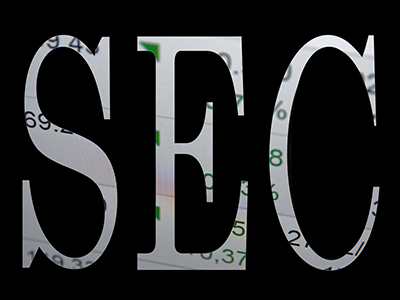The leaders of the Securities and Exchange Commission (“SEC” or “Commission”) addressed the public on February 19-20 at the annual SEC Speaks conference in Washington, D.C. The presentations covered an array of topics, but common themes included the Commission’s ongoing effort to carry out the rulemaking agenda set forth in the Dodd-Frank Wall Street Reform and Consumer Protection Act, its increasing focus on cyber issues including its use of new technology to surveil and root out harmful practices in the modern and increasingly-complex market, and its continued focus on the conduct of gatekeepers. From a litigation and enforcement perspective, key takeaways from the conference include the following:
SEC Chair Mary Jo White began her remarks by touting the “unprecedented number of enforcement cases” brought by the Commission in 2015, which produced “an all-time high for orders directing the payment of penalties and disgorgement”—a trend that she stressed would continue in 2016. READ MORE





